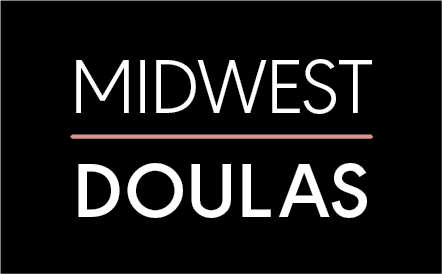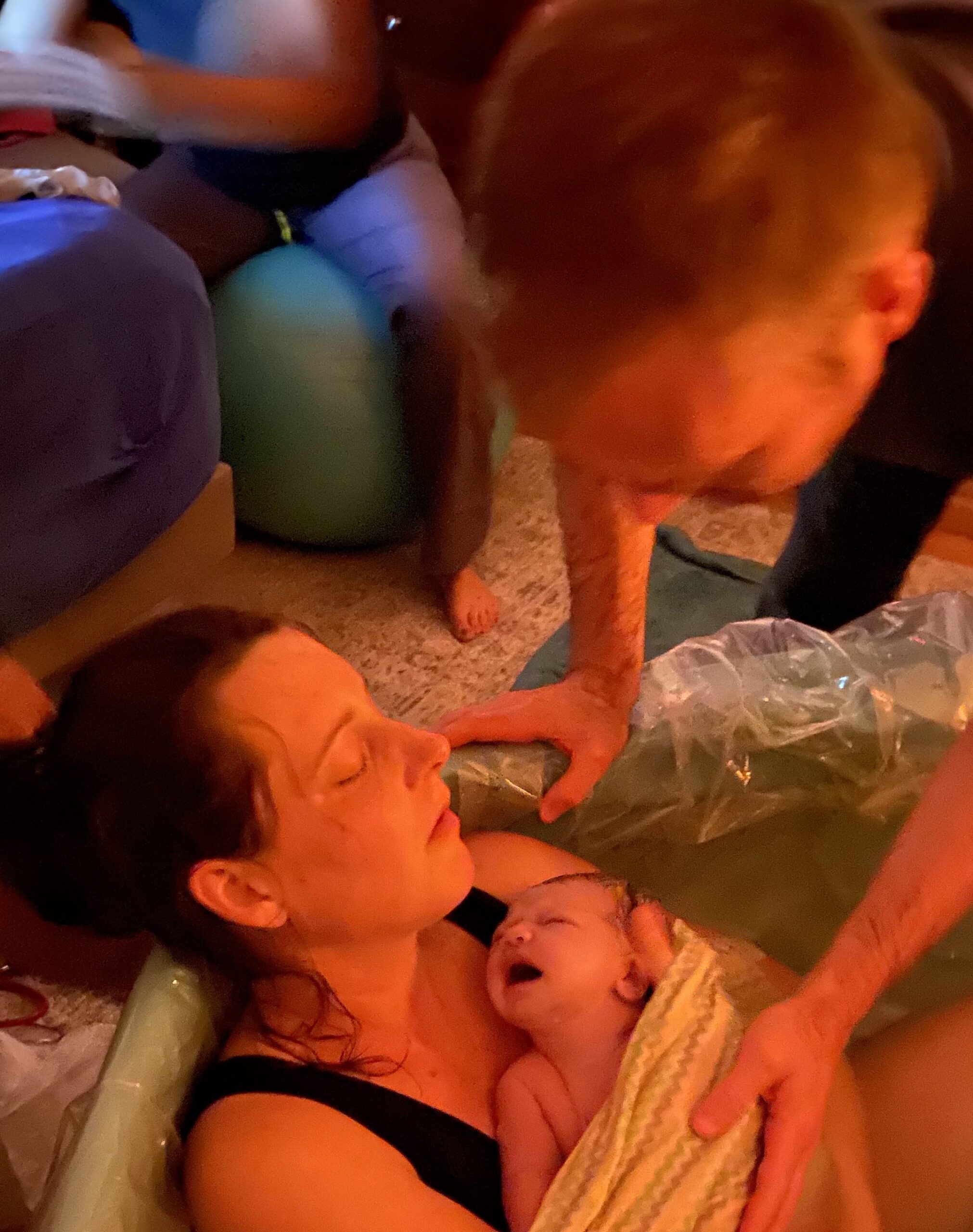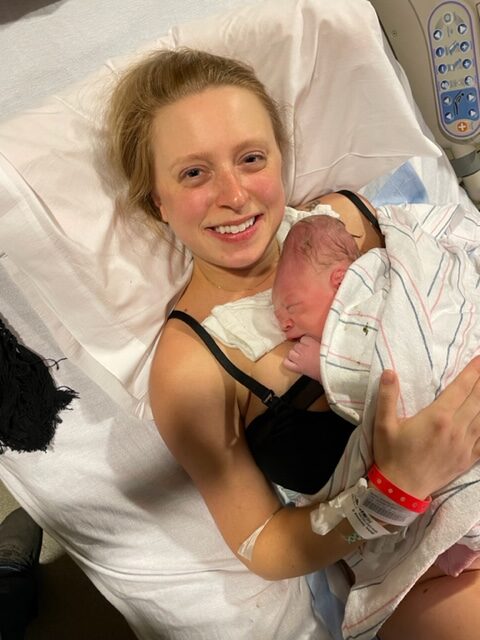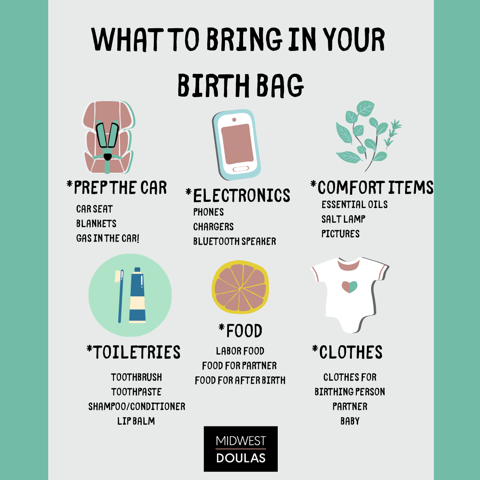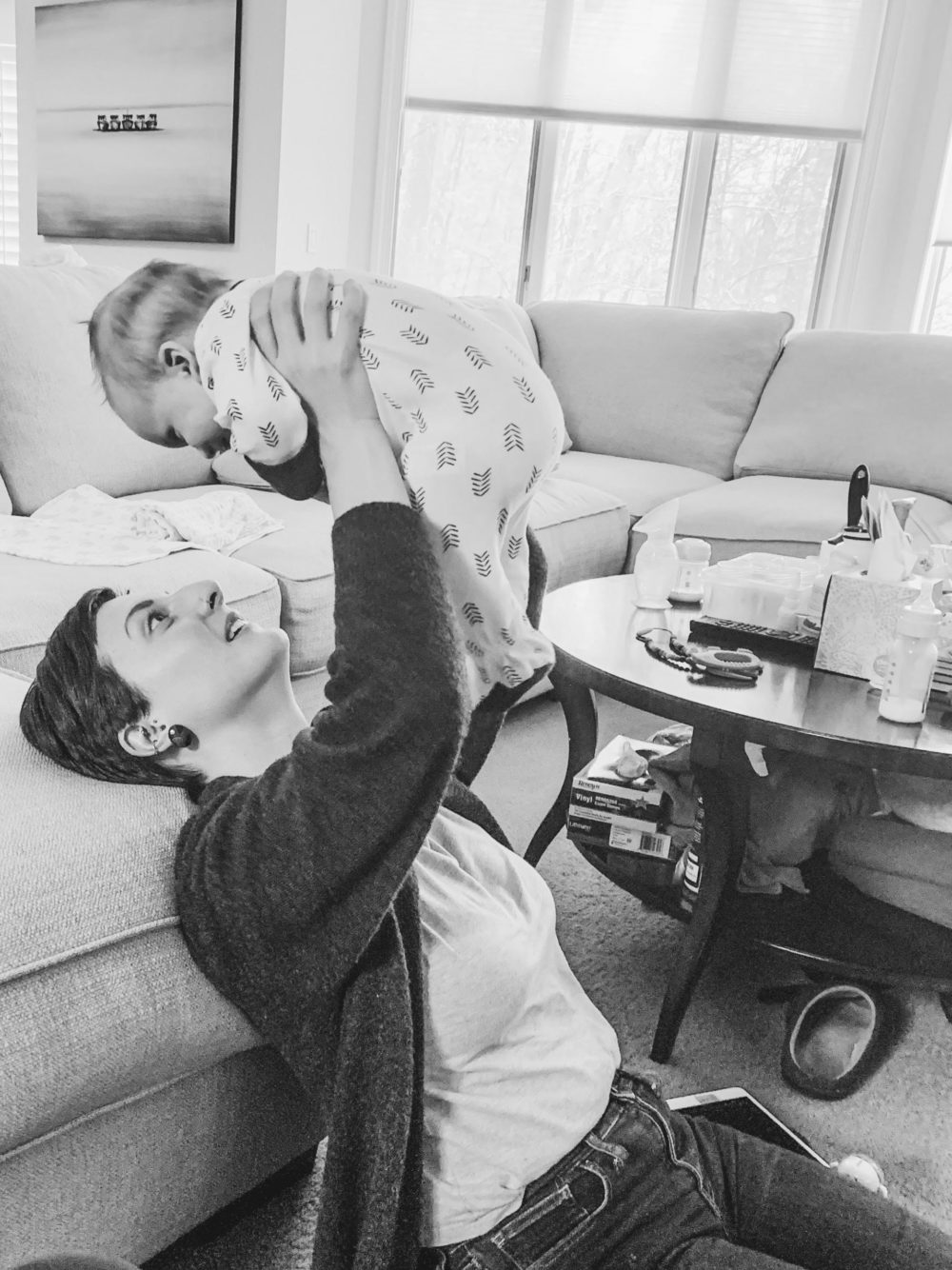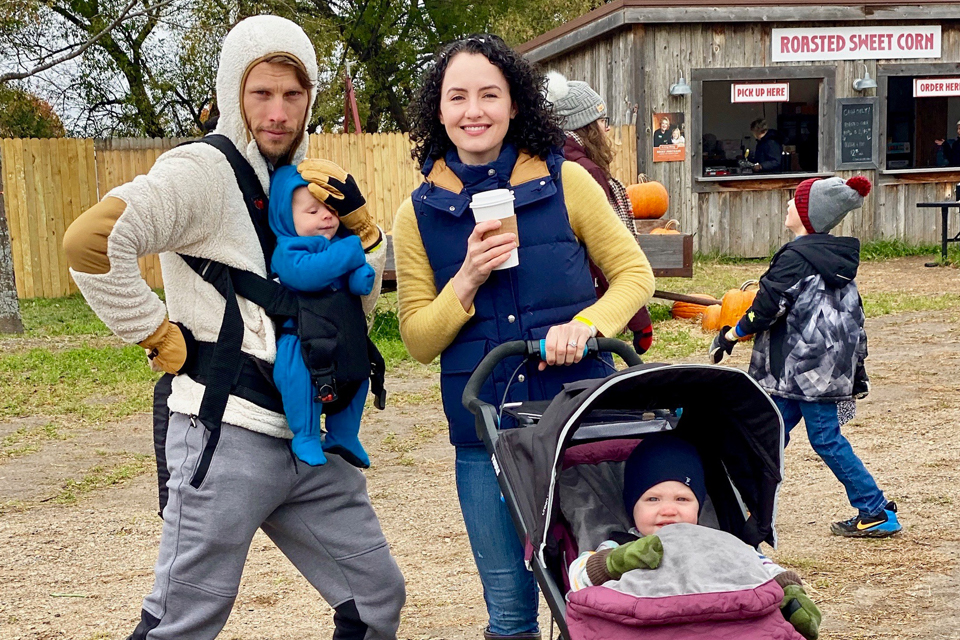Photo by Kelly Sikkema from Unsplash
Under COVID-19 we have been experiencing an upheaval of everything we are accustomed to in our daily lives. Not excluded from this upheaval is the experiences that expectant families have during their births. As a Childbirth Educator I have spent over a decade talking and listening to pregnant people as they prepare to birth their children. Never have I experienced a moment like this where they are no longer trying to negotiate eating and drinking in labor (yes, you should) or being free to move about the labor room (yes, good idea!), but now are facing the very real and possible reality of not having access to their well crafted birth support team.
The research on doulas is decades old, we already know they reduce cesareans and lessen requests for pain medications in those that were intending to birth without. The research is so strong on this front, we haven’t needed to remind people of it in a while. One study done in 2008, by McGrath and Kennel, provided some useful learnings that are proving applicable in our current birth climate.
- They discovered that when comparing a birth where there is a doula present with a birth where there is no doula and the birthing person has support from just a spouse/partner, the Cesarean rate for the doula assisted group was a whopping 11.6 percentage points lower than that of the non-doula group. (25% with no doula, 13.4% with a doula)
- They also discovered that when a birthing person is induced, this change in cesarean rate with the presence of a doula is even MORE pronounced, dropping the rate by 46.3% (58.8% induced no doula, 12.5% induced with doula)
So why is this important at this moment in history? Because it seems we have all forgotten in our COVID-19 hospital restrictions that having a doula present is sort of a big deal. LIke a REALLY big deal and that the families who hire them are not just doing it for ‘self care’ or ‘an extra massage during labor’ but that it’s actually something they put in place that will have a lasting impact on their physical health and wellness for, quite literally, the rest of their lives.
As of the writing of this blog post on June 25th, 2020 we have some positive news on in person doulas being slowly allowed back into hospitals. Currently the following hospitals allow for in person doula support:
- HCMC
- Riverside // M Health
- Southdale // M Health
- Ridges // M Health
While these new changes are positive, this is certainly not a list of all hospitals in the Twin Cities. We hope that Allina, Methodist and all other hospital in Minnesota will follow suit shortly. Which brings us to the need for VIRTUAL doulas!
The Benefits of Hiring a Doula
The benefits of hiring a doula are many. The range of support usually encompasses emotional, informational, physical, and advocacy. A virtual doula experience can and should hit all of these marks with some creativity!
- Emotional Support: Now more than ever we are noticing our students and clients are stressed, anxious, and experiencing emotional strain. We KNOW doulas support families in their emotional well being and this is possible in person before you leave for the hospital, in phone calls, texts, and video chatting throughout your birth and postpartum.
- Informational Support: The rules and recommendations are changing daily and experienced doulas have their finger on the pulse of what the newest information is. This means your doula can guide you through all sorts of twists and turns in your birth so that you can be holding your baby on the other side and feeling a sense of satisfaction and peace.
- Physical Support: I know you’re going to balk at this one. Like, “Oh yeah, RIGHT, they can’t do that now!” You’d be surprised at how creative doulas are. They’re teaching comfort measures over zoom calls, meeting in backyards with masks, accompanying you in labor at your home prior to your leaving for the hospital. Showing your partner just how and where to squeeze your hips so that they can continue to be prompted when the time is right at the hospital.
- Advocacy: While we very knowingly stay in our scope as doulas to not ever speak on behalf of our clients, we adopt the definition of doula advocacy from Rebecca Dekkar of Evidenced Based Birth, which states, “Advocacy is supporting the birthing person in their right to make decisions about their own body and baby.” We are seeing a surprisingly strong need for this type of advocacy at this time and experienced doulas like Midwest Doulas deliver on this through all sorts of communication sources.
So what does it look like? How does it work?
Virtual doula-ing works best when the family feels the continuous support of their doula ‘as if’ they are in the room with them. In some cases, that can take the form of a tripod mounted smart phone on a video call. For others, it’s more of a periodic check in via video call or standard phone call. Some decide that they simply want the ability to have access to their doula via text or call at any time to help with forming questions, walking through some informed decision making strategies, coming up with some new coping strategies, or getting an emotional pep talk.
We are hearing overwhelmingly positive things from those parents using virtual doulas. Though we know the ideal scenario is that doulas would be in the room, providing in person continuous support throughout your labor no matter the location.
So please, take the Childbirth Educator’s advice, hire a doula and if you’re birthing in a hospital, contact your care provider and ask them their plan for when the Doulas will be let back in.
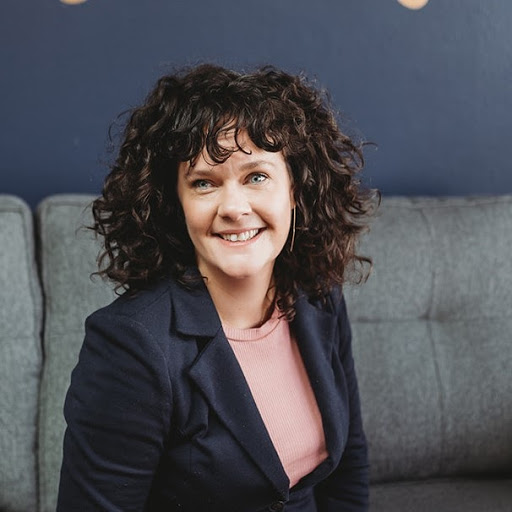
Liz Hochman FACCE, LCCE, CLC, CD(DONA) is the owner and lead teacher of birthED,
Liz has been heavily involved in the Twin Cities professional birth community since 2009. She has served over 1,000 families as a Lamaze educator and lactation counselor.
Liz served several years on the board of The Childbirth Collective and currently sits on the Optimal Outcomes in Women’s Health Conference board.
